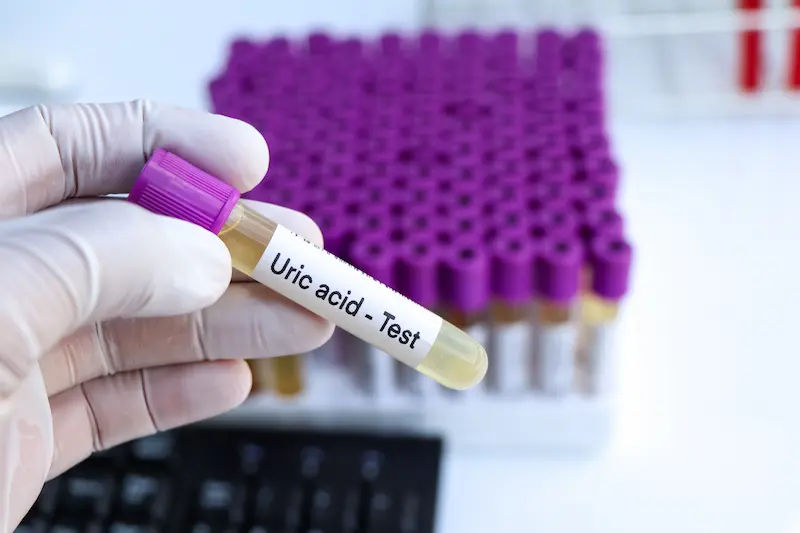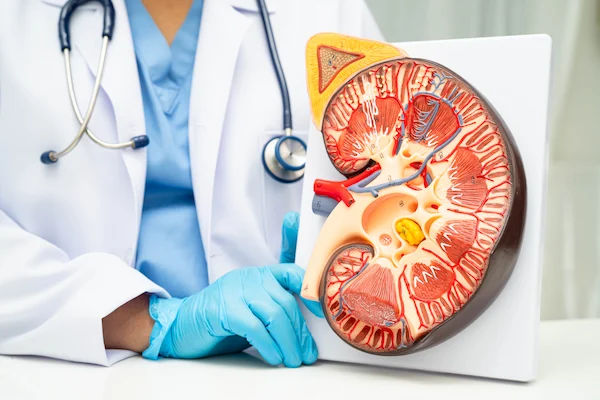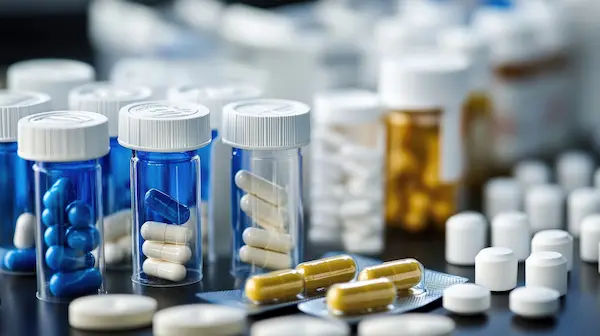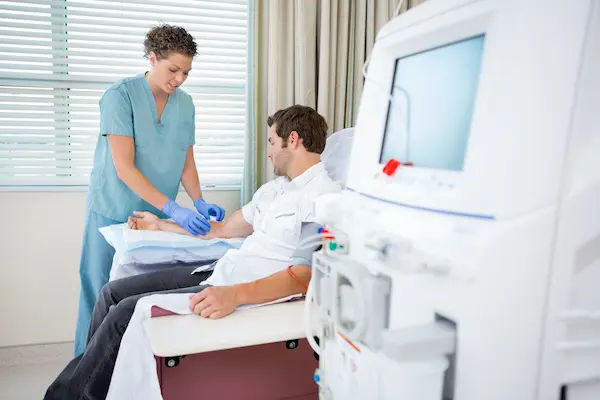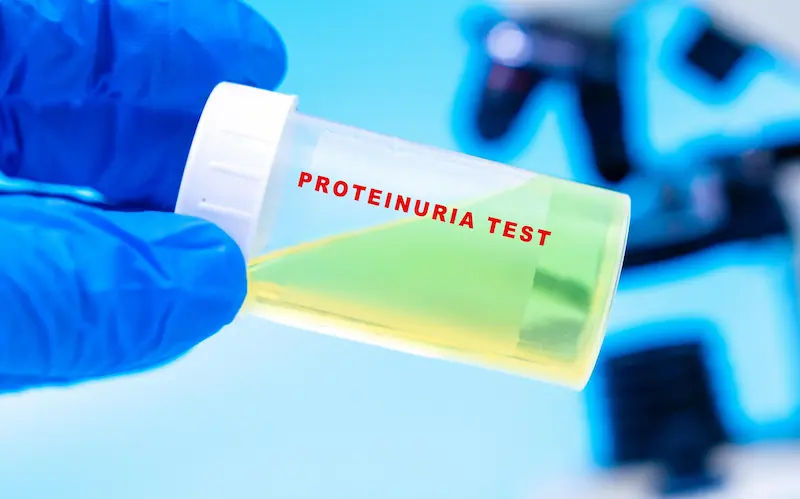Fruits To Avoid After Kidney Transplant
Learn which fruits to avoid after a kidney transplant to protect your new kidney and maintain optimal health. Discover expert tips on post-transplant nutrition and safe dietary choices.


Introduction
A kidney transplant is a life-changing procedure that offers a new lease on life. However, post-transplant care is crucial to ensure the success of the surgery and long-term health. One of the most important aspects of recovery is maintaining a balanced diet, especially when it comes to fruits. While fruits are generally healthy, some may interfere with medications, affect kidney function, or increase the risk of infections. In this article, we’ll discuss which fruits to avoid after a kidney transplant and suggest healthier alternatives to keep you nourished and safe.
Why Should You Be Careful About Fruits After a Kidney Transplant?
After a kidney transplant, your body needs time to adjust, and your immune system is weakened due to immunosuppressant medications (anti-rejection drugs). Some fruits can:
Interfere with medications (e.g., grapefruit affects immunosuppressants).
Increase potassium levels, which can be harmful if kidney function is still stabilising.
Raise blood sugar levels, especially if you have diabetes post-transplant.
Carry bacteria or fungi, increasing infection risk if consumed raw or unwashed.
To avoid complications, it’s best to know which fruits to limit or avoid.
Fruits to Avoid or Limit After a Kidney Transplant
Fruits to avoid or limit after a kidney transplant are:
1. Grapefruit and Its Varieties (Pomelo, Seville Oranges)
Why Avoid: Grapefruit interacts with immunosuppressant drugs like tacrolimus and cyclosporine, altering their effectiveness. This can lead to higher drug levels in the blood, increasing side effects or lower levels, raising rejection risks.
Alternative: Opt for apples, pears, or berries instead.
2. High-Potassium Fruits (Bananas, Oranges, Kiwi, Cantaloupe, Dried Fruits)
Why Limit: Kidney transplant patients often need to monitor potassium levels. Too much potassium can cause irregular heartbeats or muscle weakness if kidneys aren’t fully functional.
Safe Alternatives:
Low-potassium fruits: Apples, berries, pineapple, peaches.
Portion control: If you enjoy bananas or oranges, have small amounts occasionally.
3. High-Sugar Fruits (Mangoes, Grapes, Cherries, Lychee)
Why Limit: Immunosuppressants can increase blood sugar levels, leading to diabetes or weight gain. Excess sugar also strains the kidneys.
Alternative: Choose berries, guava, or pears in moderation.
4. Raw or Unwashed Fruits (Unpeeled Apples, Berries, Melons)
Why Avoid: Weakened immunity increases infection risks from bacteria (E. coli, Salmonella) or fungi (mould on berries).
Safety Tips:
Wash fruits thoroughly.
Peel fruits when possible.
Avoid pre-cut fruits (risk of contamination).
Consult Top Specialists for Personalised Tips
Kidney-Friendly Fruits You Can Enjoy
Here are some safe and nutritious fruits for kidney transplant patients:
Apples (low potassium, high fiber)
Blueberries & Strawberries (antioxidants, low sugar)
Pears (gentle on kidneys)
Pineapple (low potassium, anti-inflammatory)
Papaya (digestive benefits, moderate potassium)
Tip: Always consult your doctor or dietitian for personalised advice based on your kidney function and medication.
General Dietary Tips After a Kidney Transplant
General dietary tips after a kidney transplant are:
1. Stay Hydrated: Drink enough water unless restricted by your doctor.
2. Limit Salt & Processed Foods: Helps control blood pressure.
3. Monitor Protein Intake: Too much can strain kidneys; follow doctor’s advice.
4. Avoid Grapefruit Completely: Check labels for grapefruit in juices or snacks.
5. Practise Food Safety: Wash fruits, avoid raw sprouts, and cook food properly.
When to Consult a Doctor?
If you experience:
Swelling, fatigue, or irregular heartbeat (high potassium signs).
High blood sugar levels (frequent thirst, urination).
Unexplained infections or side effects from medications.
Your healthcare team can adjust your diet or medications accordingly.
Conclusion
A kidney transplant is a major milestone, and proper nutrition plays a key role in recovery. While many fruits are beneficial, some can interfere with medications or kidney function. By avoiding grapefruit, high-potassium fruits, and unwashed produce, you can protect your new kidney and stay healthy. For personalised dietary guidance, consult your nephrologist or a transplant dietitian. If you need expert advice, you can book a consultation with Apollo 24|7’s specialists for tailored recommendations.
Consult Top Kidney Doctor
Consult Top Specialists for Personalised Tips

Dr. Kity Sarkar
Nephrologist
15 Years • MBBS,MD(Genl. Med.), DrNB(NEPHROLOGY)
Kolkata
Dr. Kity Sarkar's Clinic, Kolkata

Dr. Pardha Saradhi
Nephrologist
9 Years • MBBS, MD-DNB (Gen. Med.), DNB (Nephro)
Hyderabad
Apollo Hospitals D R D O kanchanbagh, Hyderabad
(75+ Patients)

Dr. Hareesha Babu K
Nephrologist
25 Years • MBBS, MD (General Medicine), DM (Nephrology),FASN, FRCP(Glasg), FRCP (Edin)
Bangalore
Kidney & Hypertension Care, Bangalore

Dr. Tanmay Mukherjee
Nephrologist
13 Years • MBBS , MD (General medicine) , DNB (Nephrology)
Kolkata
Foresight Clinic and Diagnostic, Kolkata
Dr Gayatri Pegu
Nephrologist
15 Years • MD (General Medicine) DM(Nephrology)
Guwahati
Apollo Clinic Guwahati, Assam, Guwahati
Consult Top Kidney Doctor

Dr. Kity Sarkar
Nephrologist
15 Years • MBBS,MD(Genl. Med.), DrNB(NEPHROLOGY)
Kolkata
Dr. Kity Sarkar's Clinic, Kolkata

Dr. Pardha Saradhi
Nephrologist
9 Years • MBBS, MD-DNB (Gen. Med.), DNB (Nephro)
Hyderabad
Apollo Hospitals D R D O kanchanbagh, Hyderabad
(75+ Patients)

Dr. Hareesha Babu K
Nephrologist
25 Years • MBBS, MD (General Medicine), DM (Nephrology),FASN, FRCP(Glasg), FRCP (Edin)
Bangalore
Kidney & Hypertension Care, Bangalore

Dr. Tanmay Mukherjee
Nephrologist
13 Years • MBBS , MD (General medicine) , DNB (Nephrology)
Kolkata
Foresight Clinic and Diagnostic, Kolkata
Dr Gayatri Pegu
Nephrologist
15 Years • MD (General Medicine) DM(Nephrology)
Guwahati
Apollo Clinic Guwahati, Assam, Guwahati
